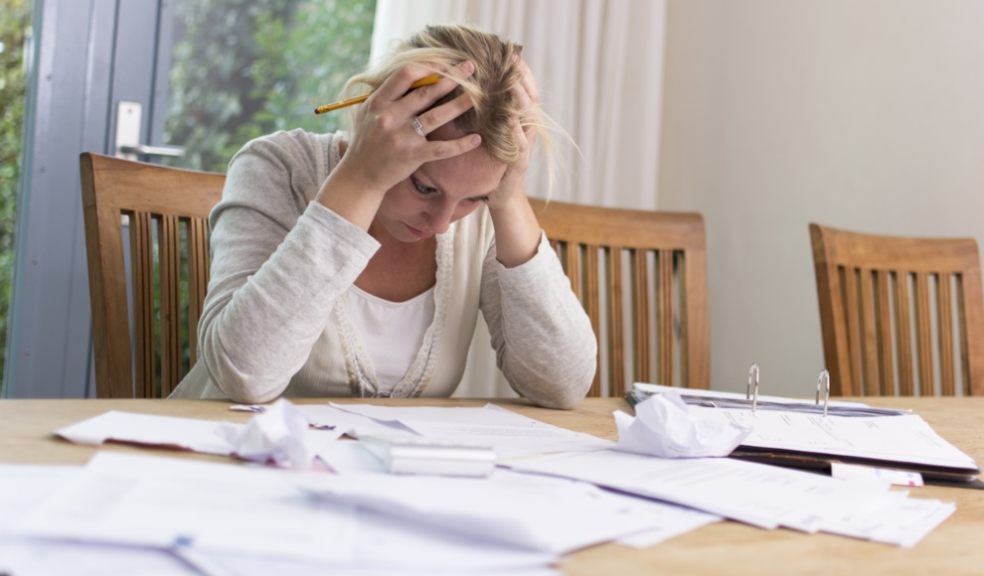
6 Reasons Why People Go Bankrupt in the UK
Bankruptcy is a possibility that can affect anyone, regardless of their background or age. If your expenses exceed your income, you may find yourself in a situation where declaring bankruptcy is necessary. However, it's important to note that the consequences of bankruptcy are far-reaching and can have long-lasting effects, which is why it should be considered as a last resort.
But why do people file for bankruptcy in the first place? We have examined some of the common reasons why individuals are compelled to declare personal bankruptcy in the United Kingdom.
Using Credit for Bills and Living Expenses
Credit cards serve a useful purpose for one-time purchases and improving credit scores through monthly payments. However, individuals facing financial vulnerability may find themselves relying on credit cards to meet their basic needs. This situation often arises when people have insufficient funds to cover monthly living expenses, leading them to resort to credit cards as a temporary solution.
Unfortunately, this temporary fix can quickly turn problematic as the interest charges on credit cards accumulate, making it increasingly challenging for borrowers to meet even the minimum repayment requirements. There is an option of a simple payment plan that can help avoid bankruptcy.
Student Loans
Student loans are another financial burden that many graduates carry. Unless coming from a financially privileged background, most students complete their degrees with a certain amount of student loan debt. While government student loans are repaid based on income, some students are enticed into accumulating additional debt through student credit cards and overdrafts.
Although these credit options may offer low or zero interest rates during the student years, the situation can change drastically after graduation. Interest rates on student debts can skyrocket, leading individuals to lose control over their finances.
Losing Your Business or Job
Unemployment or the closure of a business can also contribute to financial hardship. Many individuals who experience bankruptcy had financial stability while employed but faced job loss due to illness or economic conditions. With limited funds, they turn to credit to cover essential expenses like bills, only to struggle with repayment once they regain their income or employment.
Divorce
Going through a divorce is not easy for most people. This is because the financial consequences of divorce often extend beyond asset division, with additional expenses such as solicitors fees, court fees, and unforeseen costs. Consequently, many individuals resort to credit cards to cover these divorce-related expenses.
Unfortunately, adjusting to a single income after divorce can be challenging, leading some individuals to face bankruptcy shortly after finalizing their divorce.
Unexpected Expenses
One of the most common causes of bankruptcy is unforeseen expenses or difficult circumstances. Natural disasters like floods or criminal activities such as arson can have severe impacts on both our lives and finances.
While insurance typically provides coverage in such events, those without insurance may permanently lose their assets, leaving them with no option but to declare bankruptcy.
Overspending or Bad Budgeting
While bankruptcy is often an unavoidable situation, there are instances where it can be attributed to individuals attempting to sustain a lifestyle beyond their means. Engaging in lavish spending and acquiring expensive goods on credit, combined with inadequate budgeting or the absence of a budgeting system, can ultimately lead to bankruptcy. This can be easily avoided through proper budgeting and prudent spending.

















